- 650 Posts
- 159 Comments

I posted this elsewhere already, but it also fits here goven many of the posts in this thread: It is not just about data/privacy concerns (which are underestimated imo, as China pursues an own agenda with collecting your data through Chinese tech) and ‘unfair’ subsidies, but about gross human rights violations.
In short, some parts of the cheap Chinese cars are made in concentration camps where people are forced to work under catastrophic conditions.

It is not just about data/privacy concerns (which are underestimated imo, as China pursues an own agenda with collecting your data through Chinese tech) and ‘unfair’ subsidies, but about gross human rights violations. In short, the cheap Chinese cars are made in concentration camps where people are forced to work under catastrophic conditions.

These are not marketing but training materials offering authoritarian principles in areas such as law enforcement, journalism, legal issues, space technologies, and many other topics, to build and maintain a totalitarian regime as China’s authoritarian capitalism model. It’s for the benefit of a few, while the people’s freedoms are suppressed.
Read the whole report.

@trevron, It’s good practice to name source. Read my other post in this thread on the same topic citing another source, and feel free to post sources you deem more reliable.
[Edit typo.]

Ukraine accuses Russia of intensifying chemical attacks on the battlefield (February 2024)
Ukraine accused Russia […] of using toxic chemicals in more than 200 attacks on the battlefield in January alone, a sharp increase in what it said were recorded instances of their use by Russian forces since they invaded two years ago.
CS gas […] is banned on the battlefield by the international Chemical Weapons Convention which states in Article 1: “Each State Party undertakes not to use riot control agents as a method of warfare.”
[…] The Ukrainian general staff said: “815 cases of the use of ammunition loaded with toxic chemicals by the Russian Federation were recorded. Of these, only in January 2024 – 229 cases.”

The Nato expansion issue is far to simplistic. Nato doesn’t expand itself. All Nato members join this alliance voluntarily. Finland, for example, has been committed to neutrality for 80 or so years and joined Nato only after Russia’s full-scale invasion of Ukraine.
Neutrality is fine in a world where everyone -especially your neighbours- respect democratic values and human rights. If this isn’t the case, countries seek alliances. (We have a similar situation in the Asia-Pacific region, where countries seek to establish alliances following China’s increasingly aggressive behaviour.)
The ‘problem’ isn’t Nato -that’s indeed Russian propaganda- but the fact that Russia failed so far to develop democratic structures. The aggressor here is Putin’s dictatorship.

No Gaza ceasefire until Israel war aims achieved, Netanyahu says
His [Israeli Prime Minister Benjamin Netanyahu’s] statement comes after US President Joe Biden announced Israel had proposed a three-stage plan to Hamas aimed at reaching a permanent ceasefire.

You wouldn’t trust the Chinese supplier (or any supplier). You’d go to the bauxite shipment company and let them register with the network, you’d send independent auditors to their premises, very much as we do it with ibdependent audits nowadays.
We do need to physically access the premises across the supply chain to verify that ‘on-chain personas’ reflect their ‘real’ identities. But no single authority can control the data, we can be quite sure that all transfers of ownership across the supply chain have been authorized by their controllers. Compared to centralized systems, the blockchain provides us a much higher level of transparency and certainty over the fidelity of the information.

there’s no way tovtrack where resources, material, items come from, who made them
Independent audits are done -they are very common in many industry for a variety of reasons- and they work if done properly.
We could even track the provenance of each material through a trustless system like a blockchain to guarantuee a high level of credibility and transparency, just to name a relatively new technology. This is done already.

What do we understand by genocide?
The Encoclopedia Britannica says:
Genocide, the deliberate and systematic destruction of a group of people because of their ethnicity, nationality, religion, or race. The term, derived from the Greek genos (“race,” “tribe,” or “nation”) and the Latin cide (“killing”) …
Tibetan children are separated from their families at a very young age and sent to state-run boarding ‘schools’ where they have to complete a “compulsory education” curriculum in the Mandarin Chinese language, with no access to traditional or culturally-relevant learning.
Forced sterilization of Tibetan women.
Individuals advocating for Tibetan language and education are persecuted.
Rounding up hundreds of thousands of innocent Tibetans, Uyghurs, and other minorities in military-style reeducation camps where they are forced to work.
More can be found, for examples, in the report on 100 atrocities of CCP in Tibet (pdf)
There’s is many more across the web.

Forced labour in Chinese prisons isn’t limited to Xinjiang, nor to the car industry. A lot products we use in Europe and North America and elsewhere around the globe are made by Chinese prisoners forced to work under catastrophic conditions.
There is strong evidence for this provided by many independent sources, among them a documentary by Arte (a French-German media outlet). If interested:
Forced Labour - SOS from a Chinese Prisoner – (documentary, 95 min.)
A desperate cry for help written in Chinese was discovered in a pregnancy test sold in France and made in a Chinese factory. It revealed a hidden world of Chinese prison-companies where prisoners are forced to work for 15 hour days manufacturing products for export. This documentary tries to find out who wrote the letter.
(And, yes, prison labour exists also in the U.S., and it is as evil, but this doesn’t make the autocratic Chinese government any better.)

In addition to whst @taanegl already said:
Hong Kong’s Freedoms: What China Promised and How It’s Cracking Down
Before the British government handed over Hong Kong in 1997, China agreed to allow the region considerable political autonomy for fifty years under a framework known as “one country, two systems.”
In recent years, Beijing has cracked down on Hong Kong’s freedoms, stoking mass protests in the city and drawing international criticism.
Beijing imposed a national security law in 2020 that gave it broad new powers to punish critics and silence dissenters, which has fundamentally altered life for Hong Kongers.
Beijing had been chipping away at Hong Kong’s freedoms since the handover, experts say. Over the years, its attempts to impose more control over the city have sparked mass protests, which have in turn led the Chinese government to crack down further.
In the years following the 2014 protests, Beijing and the Hong Kong government stepped up efforts to rein in dissent, including by prosecuting protest leaders, expelling several new legislators, and increasing media censorship.

Yes, there is strong evidence for these practices. Safeguard Defenders, a rights group, published a comprehensive reports on that issues, for example on China’s Consular Volunteers (November 2023):
For at least a decade, PRC Embassies and Consulates have been running consular volunteers in countries around the world. These have been seemingly undeclared to most host nations.
[…]
The network runs through United Front-linked associations and individuals and shows the involvement of the Overseas Chinese Affairs Office (OCAO), on which a January 2022 Federal Canadian Court decision upheld labeling as an entity that engages in espionage and acts contrary to Canada’s interests with concerns over “OCAO’s interactions with the overseas Chinese communities, the information gathered, and the intended use of the gathered information”.
Everyone interested can find more at https://safeguarddefenders.com and across the web.

Yes, but not only in Africa. There’s a comprehensive report by Safeguard Defenders from 2022, but you’ll find more, just search for something like ‘chinese illegal police stations’ as already suggested.

Just two examples:
China responsible for ‘serious human rights violations’ in Xinjiang province: UN human rights report
A long-awaited report by the Office of the UN High Commissioner for Human Rights (OHCHR) into what China refers to as the Xinjiang Uyghur Autonomous Region (XUAR) has concluded that “serious human rights violations” against the Uyghur and “other predominantly Muslim communities” have been committed.
Rights experts warn against forced separation of Uyghur children in China
Forced separations and language policies for Uyghur and other minority Muslim children at State-run boarding schools in China’s Xinjiang region carry the risk of forced assimilation, three UN independent human rights experts said on Tuesday.

The report cites Latvia’s public broadcaster LSM, but you’ll find a lot of other sources (although at least some of them refer to LSM, too, or other media sources).
Charter97 is a Belarusian rights organization calling for democratic reforms in the country.

French lawmakers officially recognise China’s treatment of Uyghurs as ‘genocide’ — (2022)
France’s parliament on Thursday denounced a “genocide” by China against its Uyghur Muslim population […] The non-binding resolution, adopted with 169 votes in favour and just one against […] reads that the National Assembly “officially recognises the violence perpetrated by the People’s Republic of China against the Uyghurs as constituting crimes against humanity and genocide”.
It also calls on the French government to undertake “the necessary measures within the international community and in its foreign policy towards the People’s Republic of China” to protect the minority group in the Xinjiang region.

An example how the Chinese government is using espionage in its own country.
10 ‘spy’ cases China’s Ministry of State Security wants you to know about
In most of the world 15 April goes unnoticed. But in China, 15 April is Chinese National Security Education Day.
To mark the occasion, China’s Ministry of State Security (MSS) posted a half-hour video on their official WeChat channel titled “Innovation Leads · Forging the Sword of National Security”. WeChat is China’s dominant social media app. Chinese and foreign media also covered the program’s release.
Here is an alternative link to the video posted in the article: https://invidious.protokolla.fi/watch?v=z8qdFHT9t3k

Microsoft faces bipartisan criticism in the U.S. for alleged censorship on Bing in China
Microsoft is the subject of growing criticism in the US over allegations that its Bing search engine censors results for users in China that relate to sensitive subjects the state wants blocked.
Republican Senator Marco Rubio has added his voice to criticism of the Redmond software giant for reportedly removing search results from Bing on human rights, democracy, climate change, and other sticky issues within China.
The move follows an earlier call from Democrat Senator Mark Warner for Microsoft to consider shutting off access to Bing in China for the same reasons after a report from Bloomberg claimed the platform was excluding information on certain topics to satisfy Beijing.
Rubio said there was “no defending” such actions, and that “every company doing business in China makes concessions to a genocidal, authoritarian regime.”

in the west capitalist systems there are 99% of the population into modern slavery.
It would be helpful if you posted a source for that claim. Where did you get that?
For China, I have one regarding North Korean workers in Chinese seafood processing.
The workers, all of whom are women, described conditions of confinement and violence at the plants. Workers are held in compounds, sometimes behind barbed wire, under the watch of security agents. Many work gruelling shifts and get at most one day off a month. Several described being beaten by the managers sent by North Korea to watch them. “It was like prison for me,” one woman said. “At first, I almost vomited at how bad it was, and, just when I got used to it, the supervisors would tell us to shut up, and curse if we talked.”
Many described enduring sexual assault at the hands of their managers. “They would say I’m fuckable and then suddenly grab my body and grope my breasts and put their dirty mouth on mine and be disgusting,” a woman who did product transport at a plant in the city of Dalian said. Another, who worked at Jinhui, said, “The worst and saddest moment was when I was forced to have sexual relations when we were brought to a party with alcohol.” The workers described being kept at the factories against their will, and being threatened with severe punishment if they tried to escape. A woman who was at a factory called Dalian Haiqing Food for more than four years said, “It’s often emphasized that, if you are caught running away, you will be killed without a trace.”
You’d find a lot more.

Last year, researchers at AidData, the World Bank, the Harvard Kennedy School, and the Kiel Institute for the World Economy in Germany found that Beijing has dramatically expanded emergency rescue lending to sovereign borrowers in financial distress—or outright default.
Essentially, however, China has been bailing out its own banks, the study found. You can download the study here.
TLDR:
China had undertaken 128 rescue loan operations across 22 debtor countries worth $240 billion [by March 2023 when the study was published]. These include many so-called “rollovers,” in which the same short-term loans are extended again and again to refinance maturing debts.
Less than 5 percent of Beijing’s overseas lending portfolio supported borrower countries in distress in 2010, but that figure soared to 60 percent by 2022. Therefore, China’s new funding schemes pivoted away from infrastructure project lending to ramping up liquidity support operations. Nearly 80% of its emergency rescue lending was issued between 2016 and 2021.
China does not offer bailouts to all BRI borrowers: low-income countries are typically offered a debt restructuring that involves a grace period or final repayment date extension but no new money, while middle-income countries tend to receive new money to avoid default. The reason is that these middle-income countries represent 80% or more than $500 billion of China’s total overseas lending, thus posing major balance sheet risks, so Chinese banks have incentives to keep them afloat via bailouts.
Borrowing from Beijing in emergency situations comes at a high price. Rescue loans from the International Monetary Fund (IMF) carries a 2% interest rate, while the average interest rate attached to a Chinese rescue loan is 5% in comparable situations.

@Sunforged
There are many places. One is Ireland.

Guess a human rights group in China is not possible for a lack of democracy. That aside, it doesn’t matter where the group sits, the issue is clear here. But, wait, …

Data Leak at Anthropic Due to Contractor Error
TL;DR - Anthropic had a data leak due to a contractor’s mistake, but says no sensitive info was exposed. It wasn’t a system breach, and there’s no sign of malicious intent.

The article doesn’t say which classifier algorithm they use in that case in India.
We had a similar incident in the Netherlands last year, for example, with similar problems. There they used Gradient Boosting afaik. But it doesn’t really matter as all these algorithms will yield a high number of false positives. If we use this and blindly trust trust the result in sensitive areas such as social welfare, we cause a lot if harm to iur society.

Addition: the CCP is actively hiring Chinese people all over the world to control and dissent as Safeguard Defenders says in a report
The consolidation of overseas United Front networks as the providers of services such as consular community assistance may not only give them potential broad access to individuals’ private data, home addresses, and contact information but may also dangerously enhance their function of control over overseas communities and dissenters.

A friend of mine is from Romania, and I know many who lived in the former GDR (German Democratic Republic). They don’t talk often about it, but when they do their stories seem absurd, hard to believe sometimes that these things happened, and each of these stories is a reason to avoid mass surveillance imo.

The short answer: I don’t know. There is no research investigating the impact of a decreasing Chinese GDP on the country’s environmental impact (to the best of my knowledge).
The longer answer: China is bound to reduce its environmental impact anyway. The country has a very densely-populated urban area with low-lying coastal cities. Around 20% of the population lives there, producing around 33% of the country’s GDP. A rising sea level and other natural desasters (which is what practically all environmental experts inside and outside China expect even in the short term, meaning this year) will have a devastating impact on China’s social and political stability.
The good news is that China has the potential to get its arms around that imo, if, and only if the country opens up for further investments and international cooperation. Foreign direct investments (FDI) have been contributing significantly to China’s growth in the past (around 20% of the GDP can be directly attributed to FDIs if I remember the number correctly), but FDIs also contributed indirectly by enhancing China’s technological and managerial capacities in the past. Data by China’s Ministry of Commerce shows that foreign enterprises represent just 2% of all companies, but 10% of the workforce (around 40 million jobs) contributing around 16% of China’s tax revenue and 20% of foreign trade (export and import combined).
China will need to maintain this collaboration even more in the future, as a shrinking population is barely apt to boost a domestic market. But international collaboration requires mutual respect of foreign laws, accepting fundamental human rights, and an open economy with a high degree of decentralisation and innovation. I’ll leave it to others to decide whether or not Chinese politics is heading in this direction.
Addition: all numbers are for the years 2021/2022.

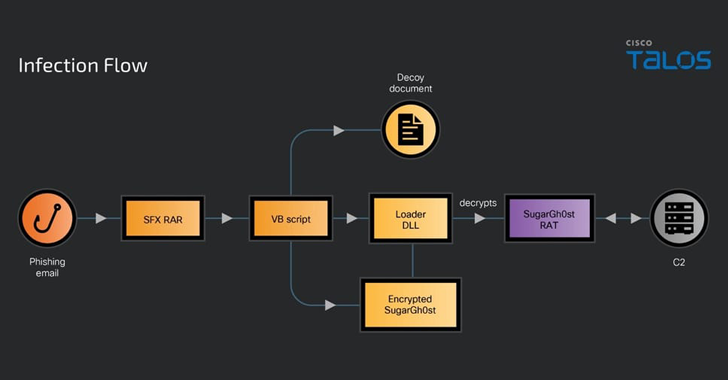
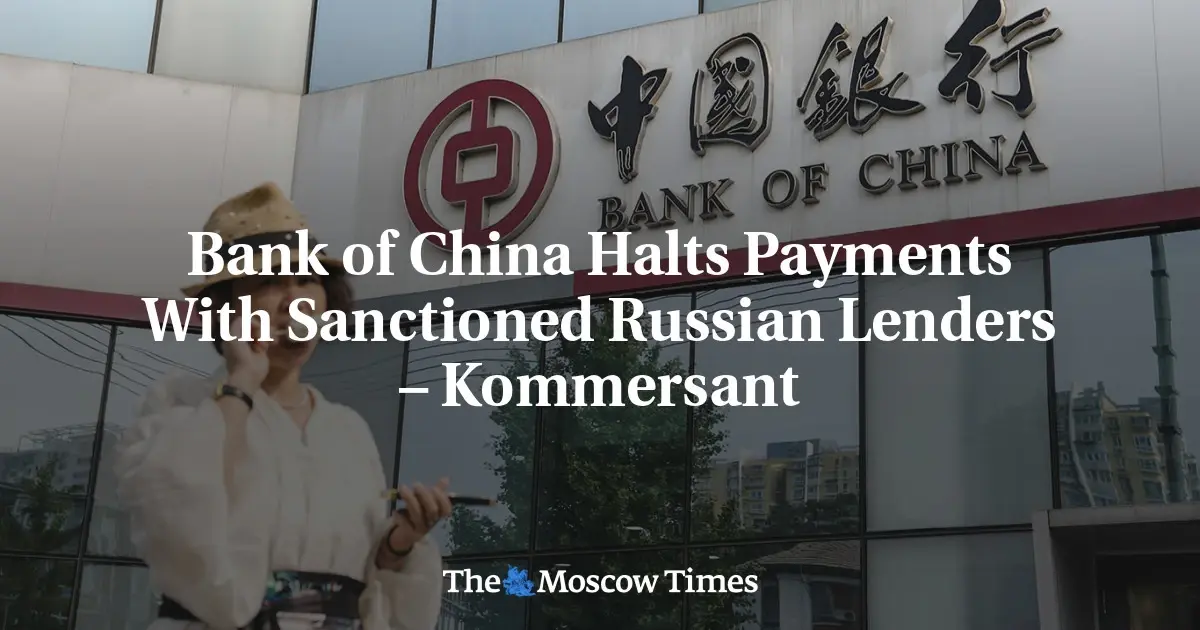
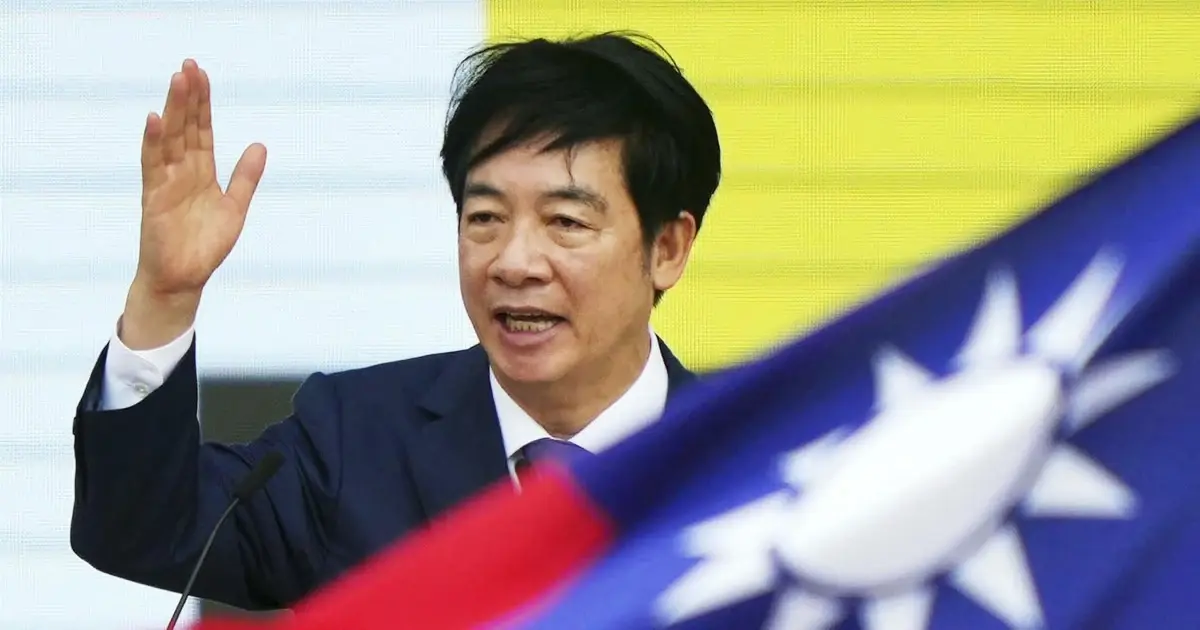

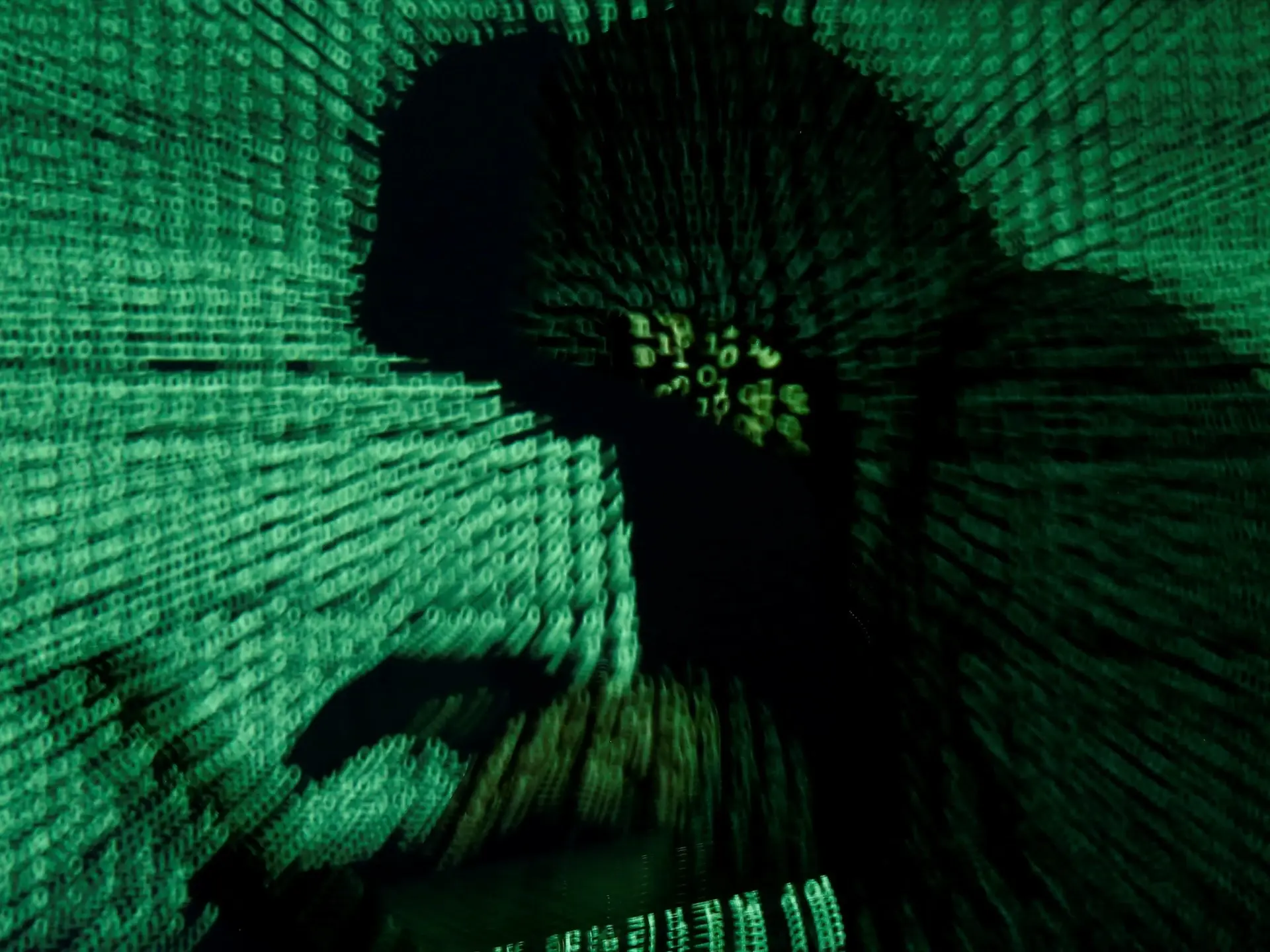


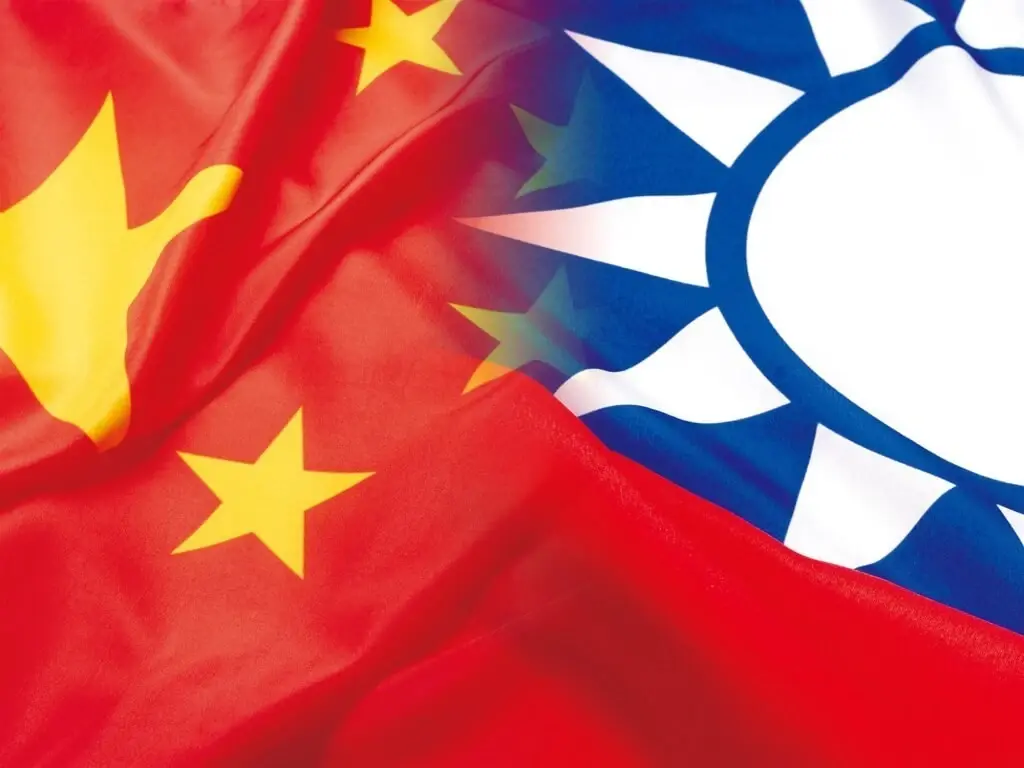


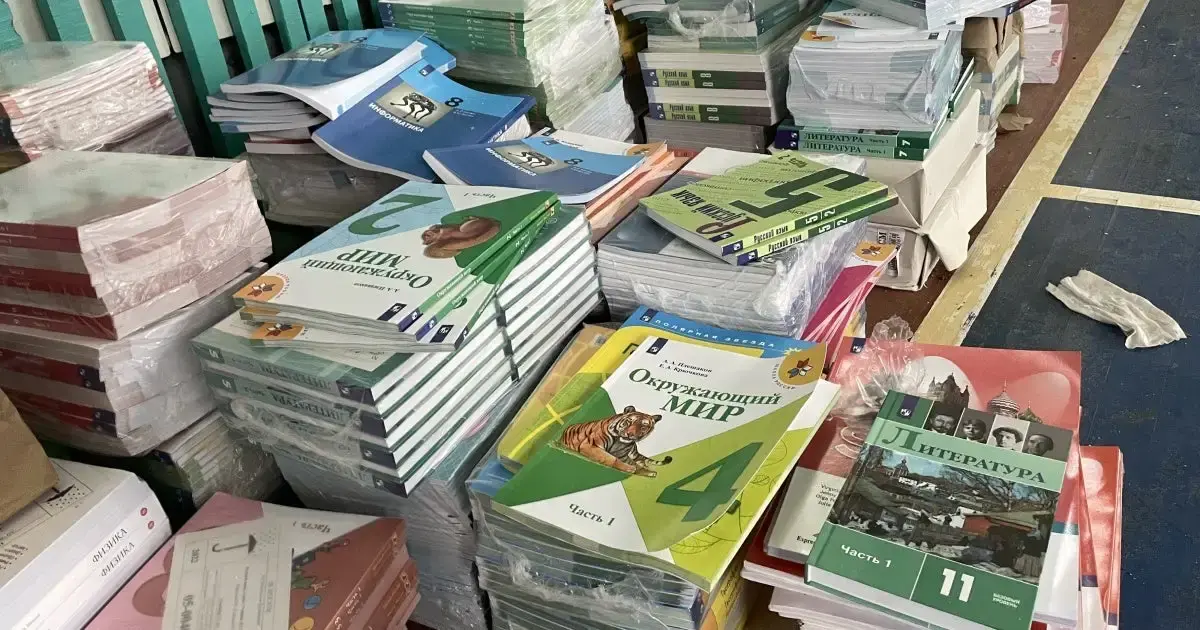


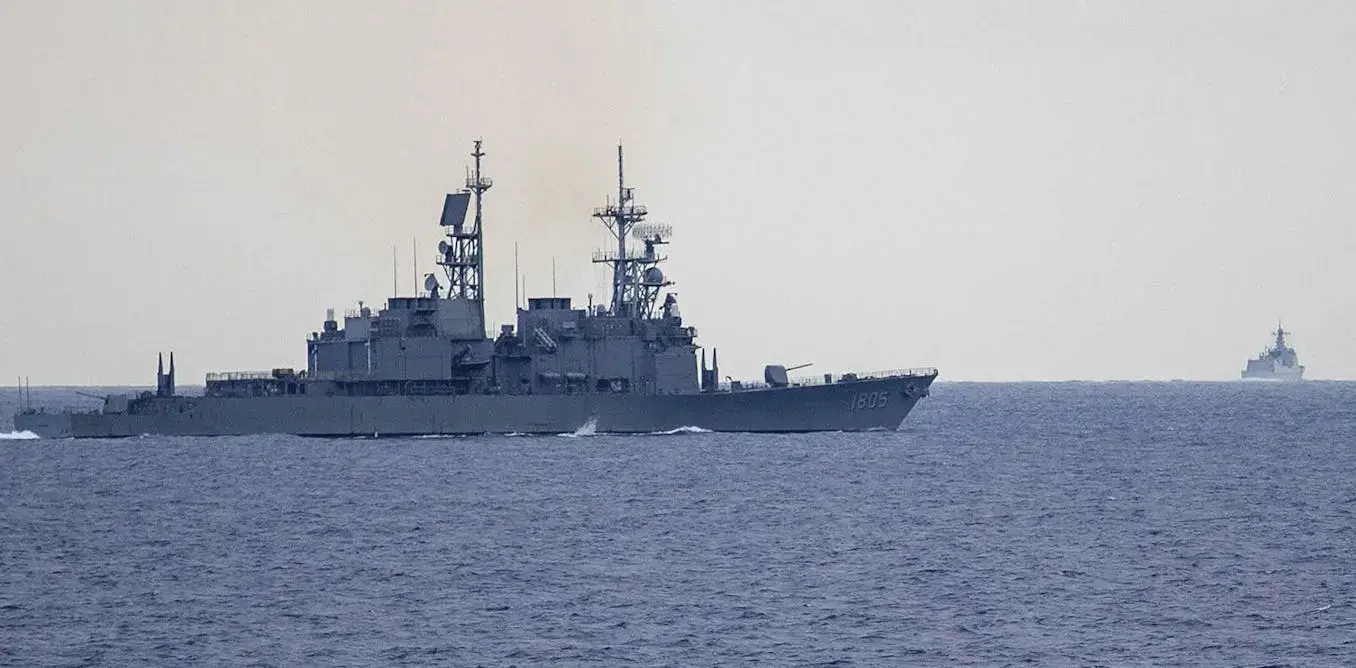
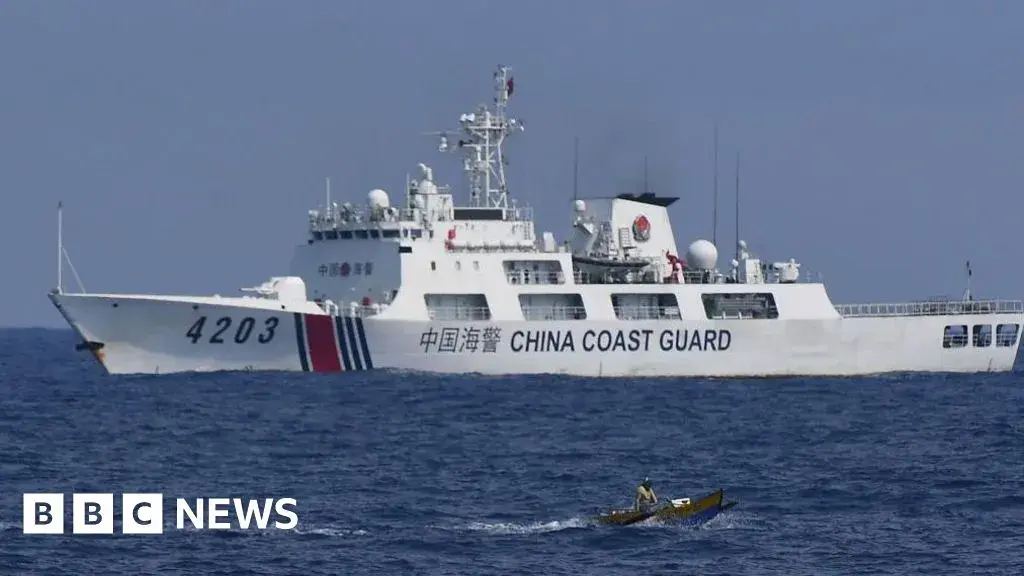
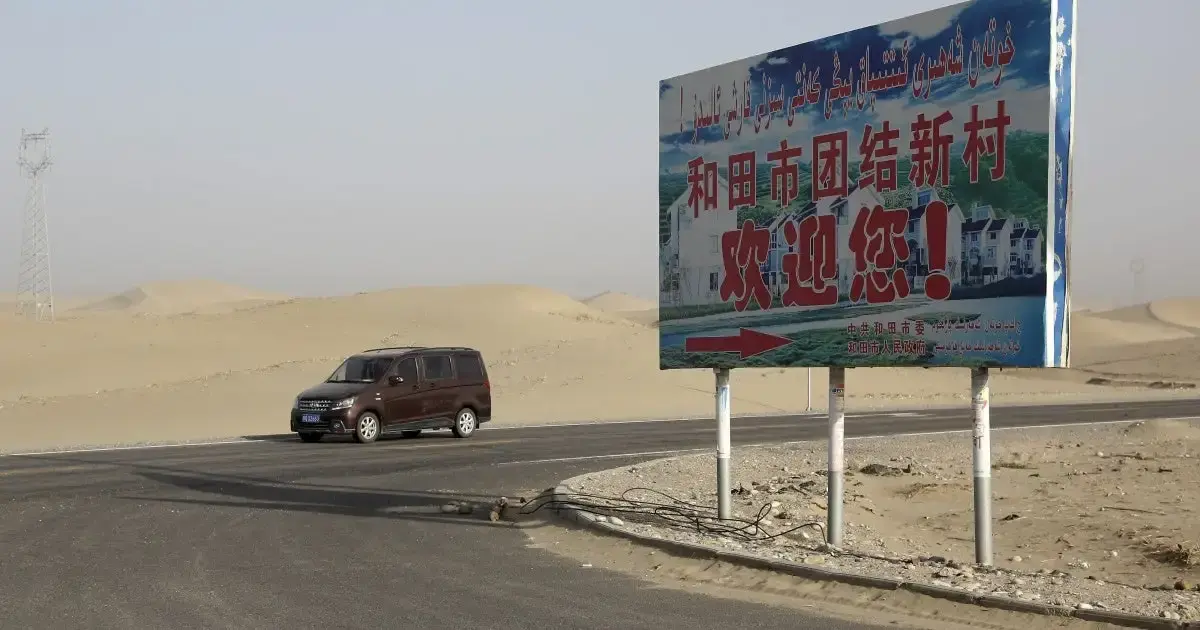

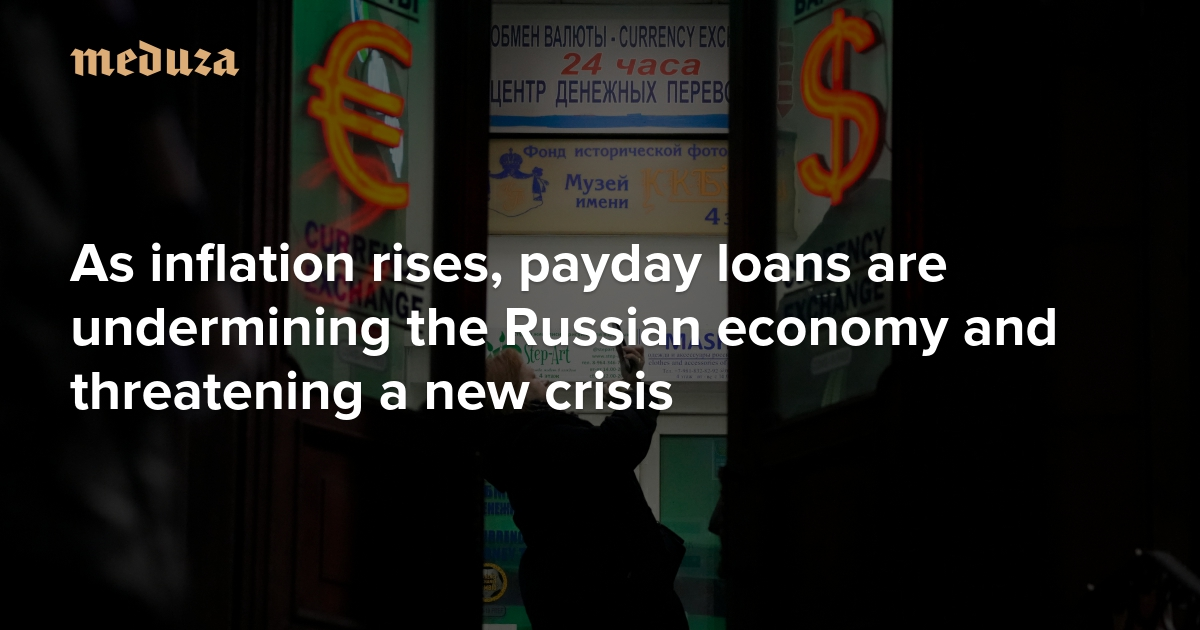

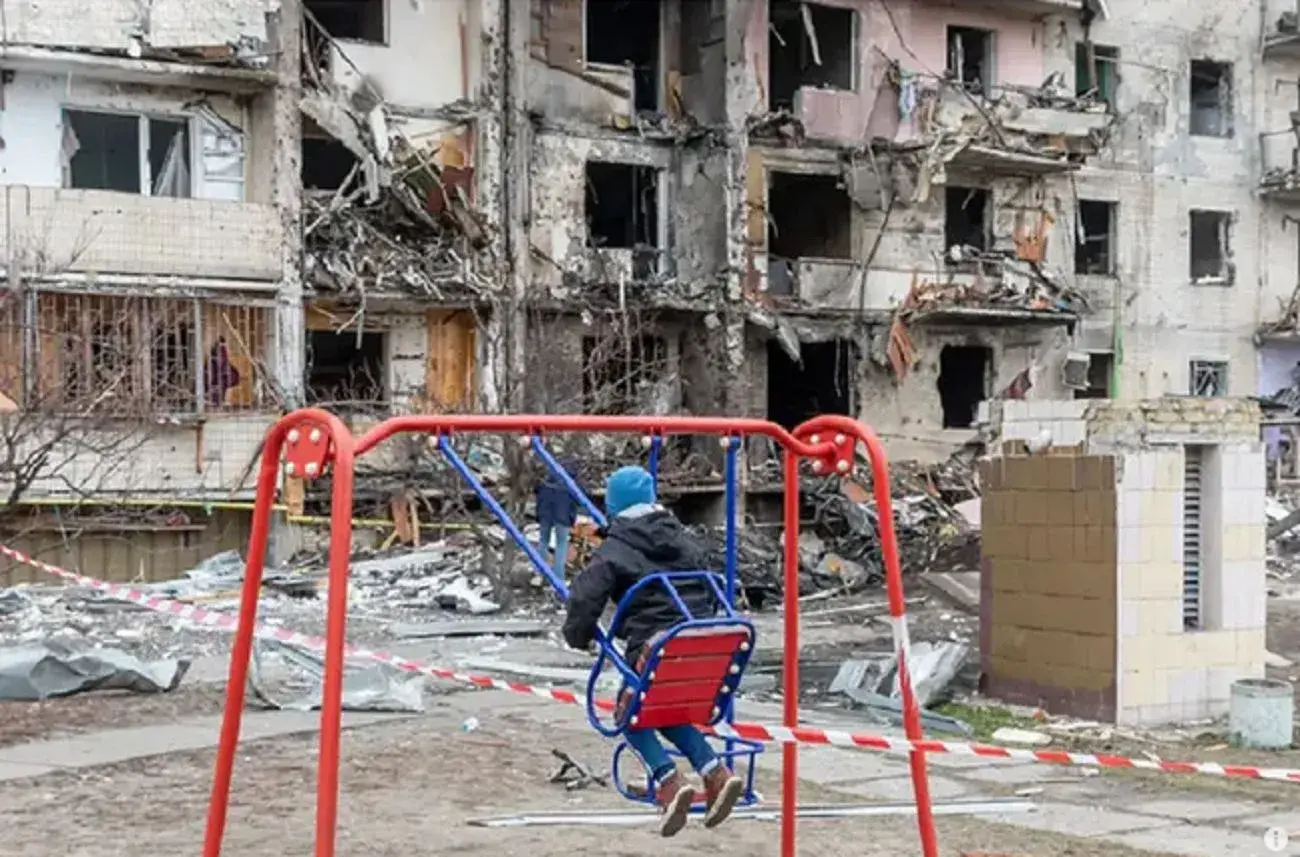
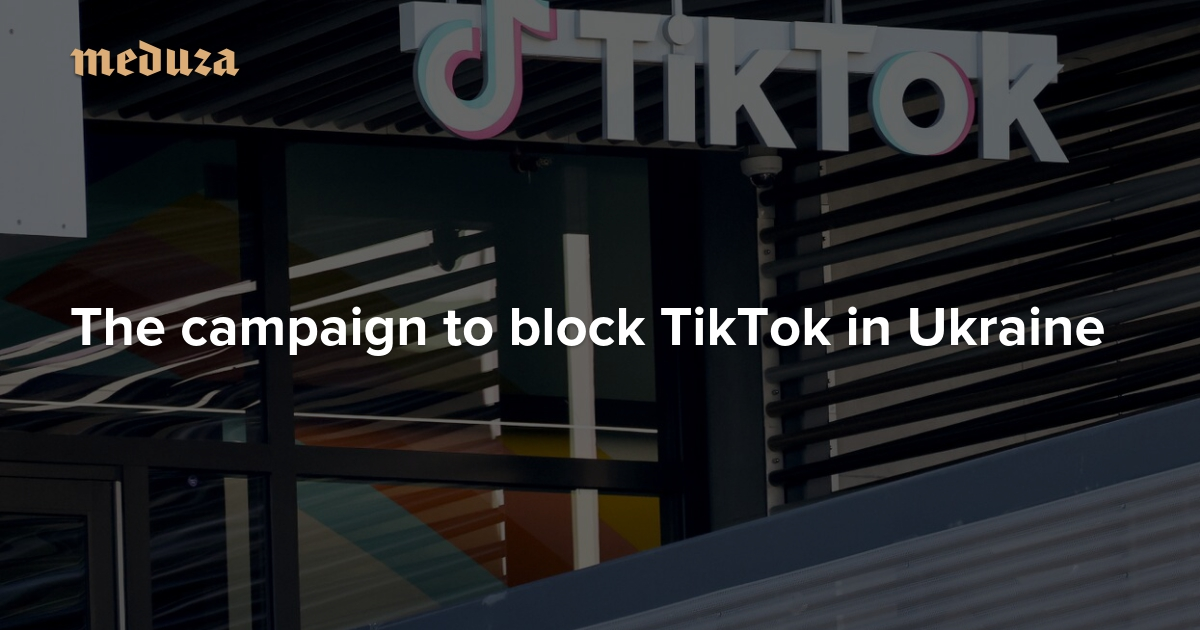
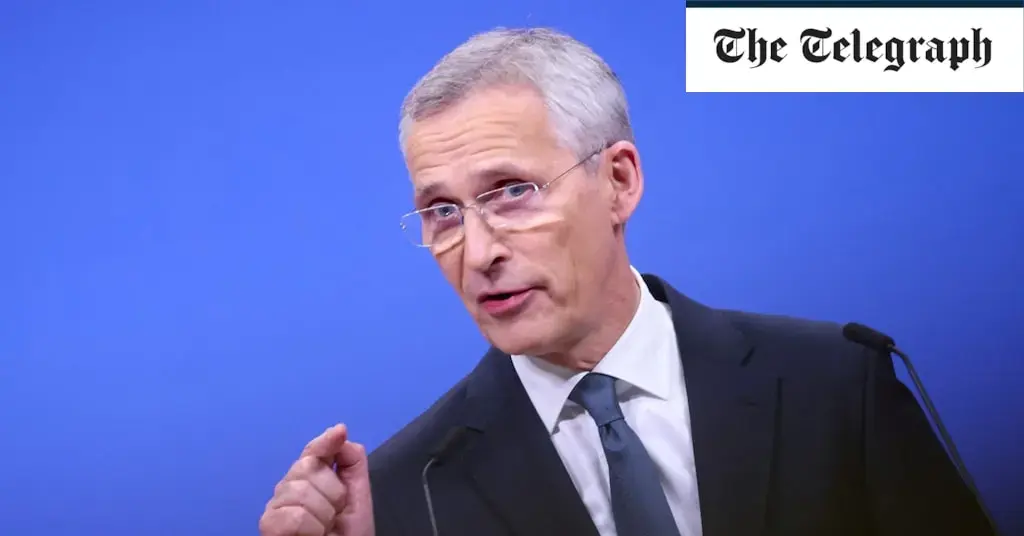
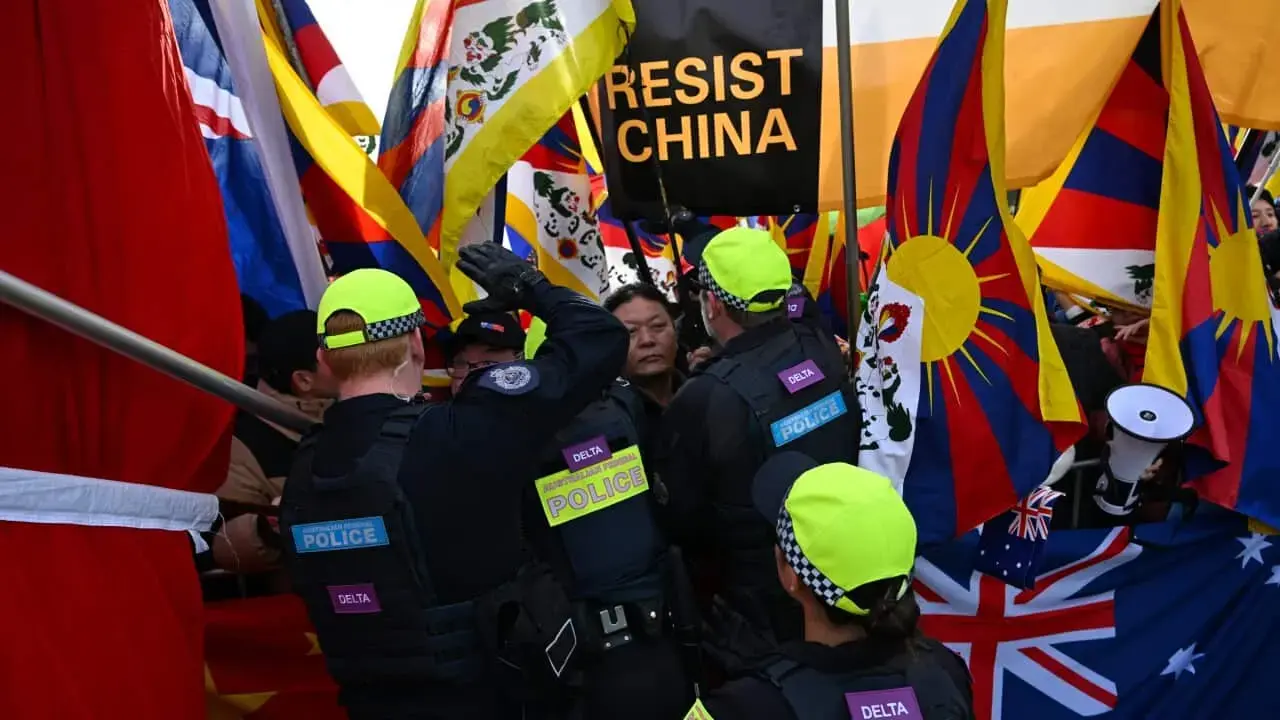

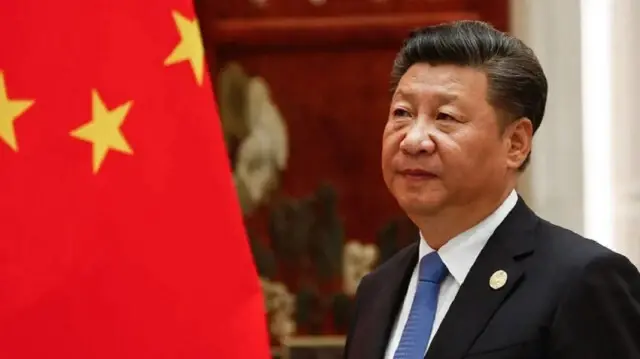

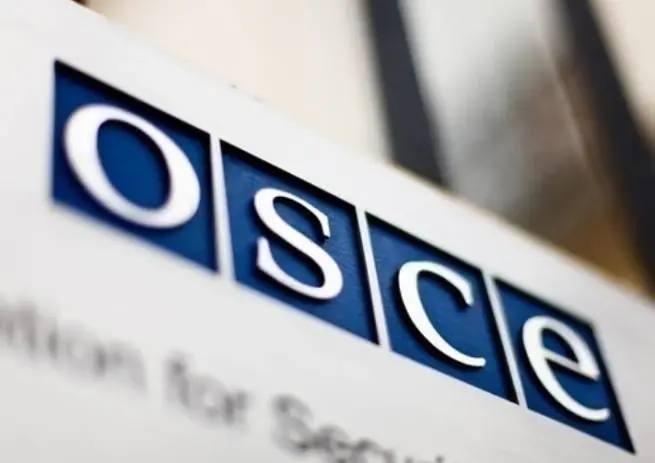
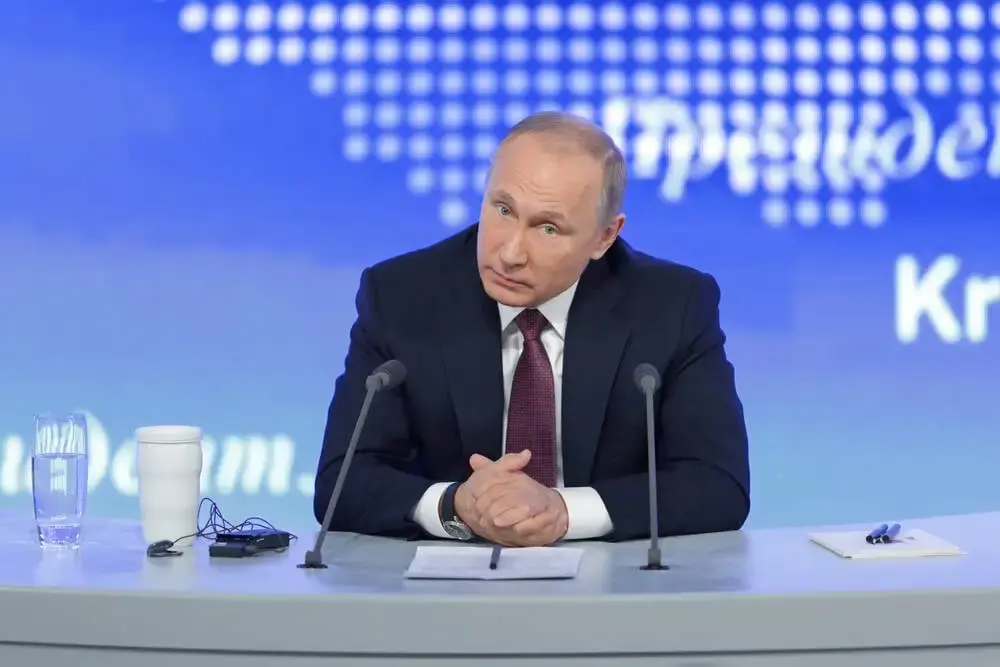
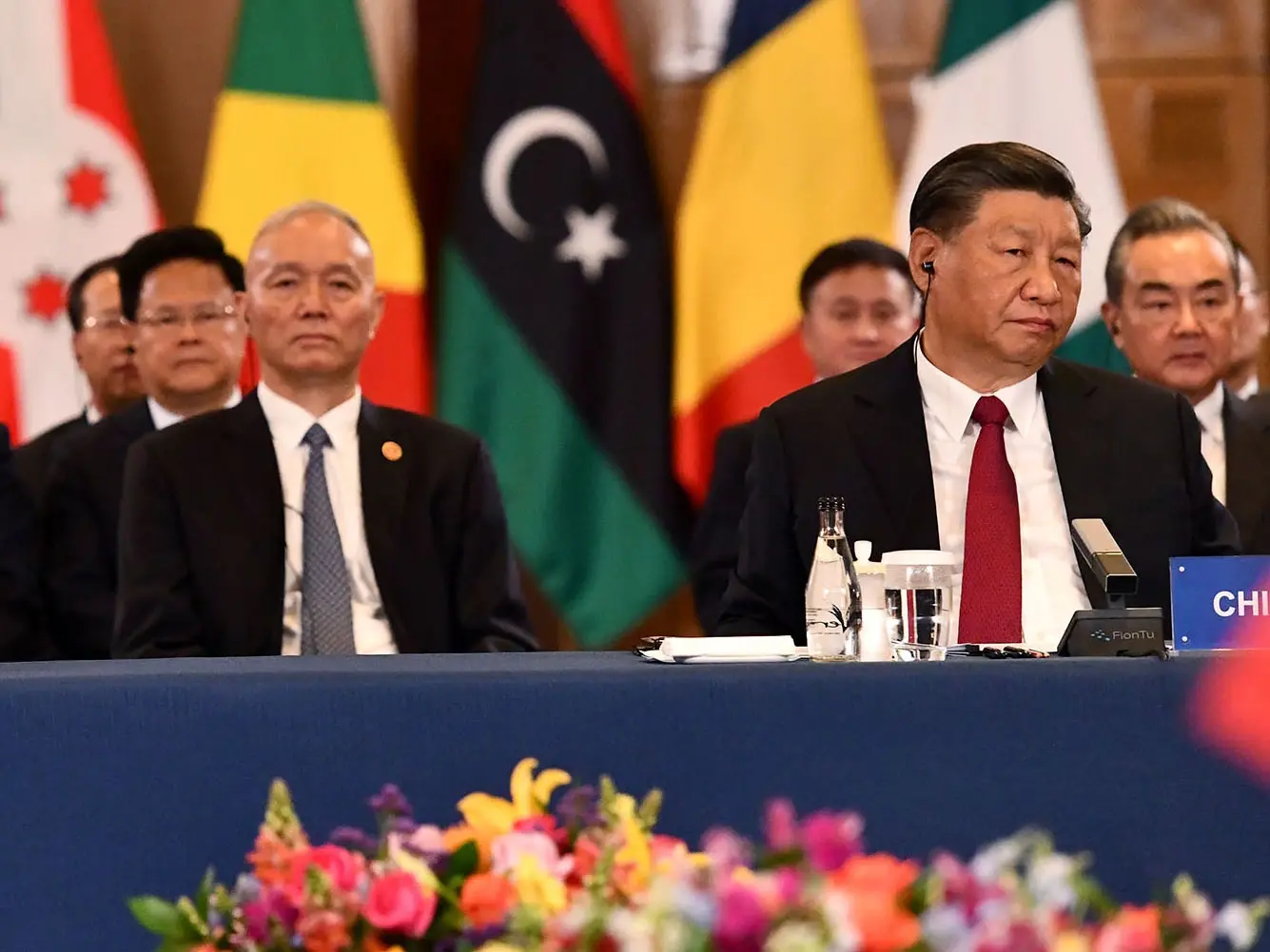
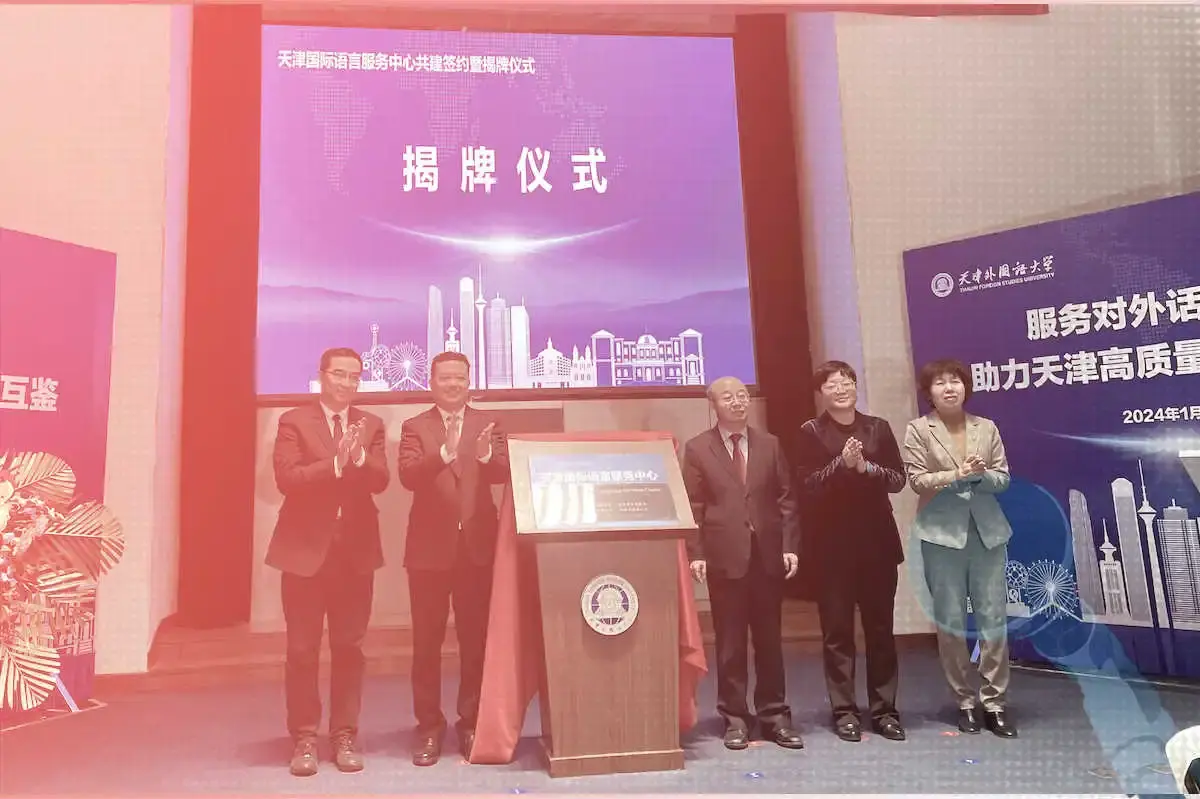
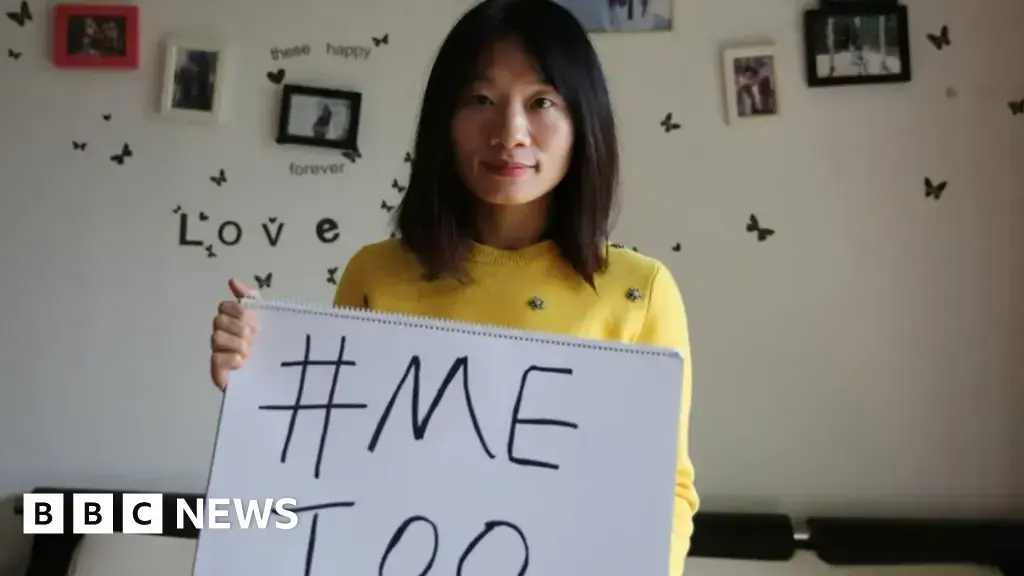
Do you say that to Europe, to China, or both?
It’s obvious you’re addressing only Europe. Why?
This is what I meant with ‘The West bad, China bad okay’. It’s hypocritical. It’s double-standards. It’s ignorant and disgusting.